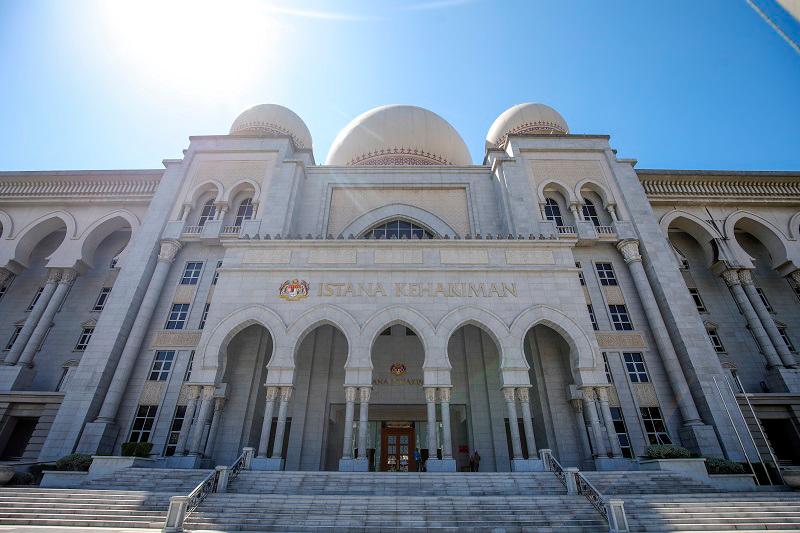KUALA LUMPUR: The Attorney General’s Chambers (AGC) has reaffirmed that the appointment process for judges, including key positions such as the Chief Justice and President of the Court of Appeal, follows strict constitutional procedures.
The clarification comes in response to recent calls for an inquiry into judicial appointments.
The AGC stated that the Prime Minister holds a constitutional duty to advise the King on judicial appointments, ensuring the judiciary’s independence and integrity.
“The Prime Minister cannot be regarded merely as a conduit for recommendations from any party,“ the AGC said.
Recent appointments to the High Court and Court of Appeal were confirmed last month, pending final formalities. The AGC stressed that delays in processing nominations must be viewed within the framework of the Federal Constitution.
The statement addressed concerns raised by Pandan MP Datuk Seri Rafizi Ramli and others, who had urged for a Commission of Inquiry and Parliamentary Select Committee to review judicial appointments. The AGC acknowledged public interest in maintaining confidence in the judiciary but reiterated that constitutional processes must be respected.
Under Article 122B of the Federal Constitution, judges are appointed by the King upon the Prime Minister’s advice, following consultation with the Conference of Rulers. The Judicial Appointments Commission Act 2009 governs candidate recommendations, though final authority remains with the Prime Minister.
Regarding claims that a Judicial Appointments Commission (JAC) meeting was convened without proper notice, the AGC clarified that the JAC may proceed in urgent cases with unanimous member agreement.
“Procedural matters do not invalidate JAC deliberations unless mala fide or prejudice is proven,“ the statement read.
Allegations of judicial interference were described as premature and speculative. The AGC dismissed comparisons to the 2007 VK Lingam case, noting that current claims lack credible evidence of misconduct.
While parliamentary committees may examine governance issues, the AGC cautioned against politicising constitutional appointments.
“Both the King and Prime Minister must exercise their powers independently,“ the statement emphasised.
The AGC urged restraint, stating that procedural discrepancies do not equate to a constitutional crisis. Strengthening institutional maturity, rather than speculation, was highlighted as key to upholding the rule of law. - Bernama









